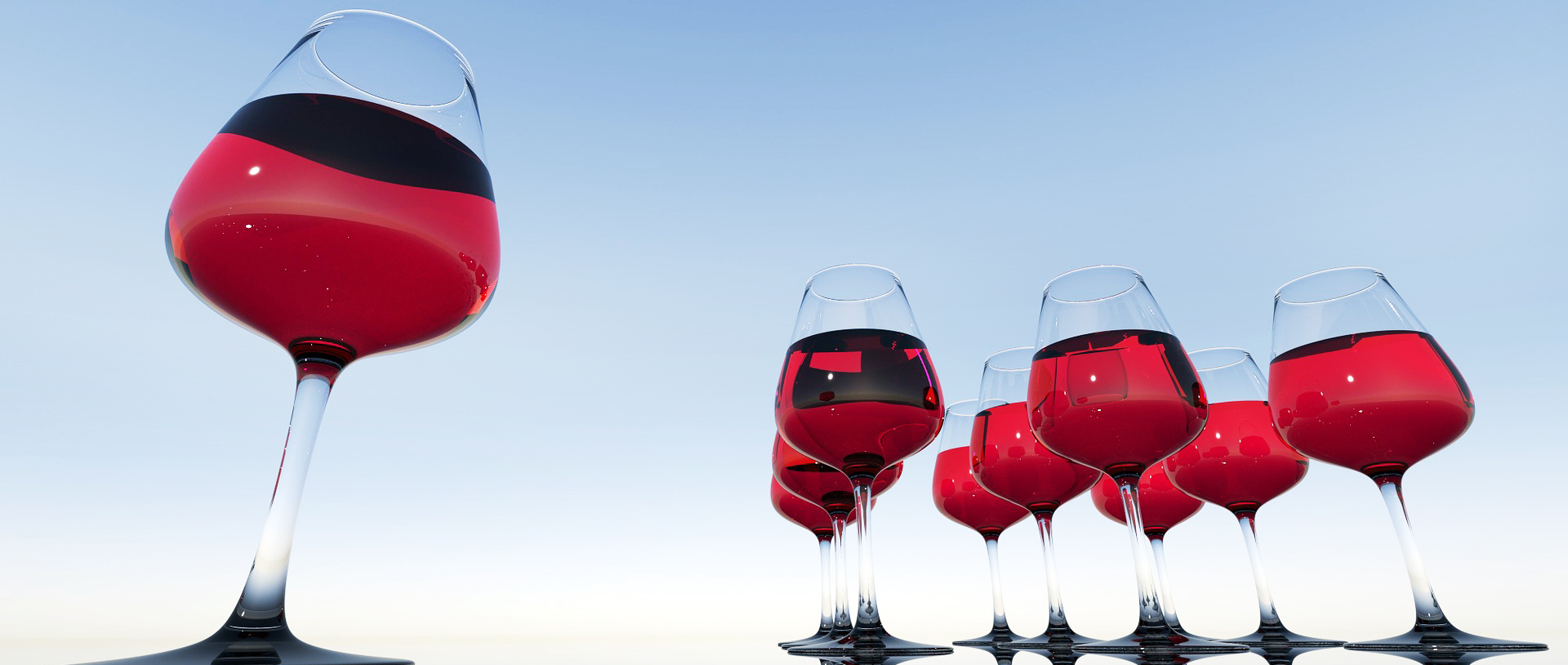The effects of alcohol misuse and how hypnotherapy can help
Alcohol is commonly used as a ‘coping’ strategy, to help us feel calmer and more relaxed. A glass of wine to “warm up” for a social event or “wind down” after a stressful day for example, or a drop of whisky to “get me off to sleep”. Occasional use of alcohol in these situations is rarely harmful, but if you’ve found yourself starting to rely on alcohol to cope with your day, hypnotherapy can help.
What effect does alcohol have on the brain?
Alcohol is a depressant, which means it can disrupt the careful balance of neurochemicals in the brain, affecting thoughts, feelings and actions. The relaxed feeling you can get when you have that first drink is due to chemical changes alcohol has caused in your brain.
For many of us a drink can help us feel more confident and less anxious. That’s because it’s starting to depress the part of the brain we associate with inhibition. However, as we drink more, more of the brain starts to be affected. Even if we are in a good mood when we have our first drink, when high levels of alcohol are involved, instead of feeling happier, what happens is that the part of the brain where anxiety is created (the primitive emotional brain) becomes activated and anxiety, anger and depression can occur.
Alcohol interferes with the neurotransmitters in the brain that are needed for good mental health – serotonin, noradrenalin and dopamine.
Because alcohol acts as a sedative it can help you to feel more at ease. It may be used to help forget worries or to help with specific situations such as feeling more socially confident at a party or feeling less anxious when boarding a plane. These affects wear off fast however and the pleasant feelings fade. If alcohol is being used to mask anxiety problems then you will soon become reliant on it to relax. A likely side-effect of this is that the more you drink, the greater the tolerance for alcohol will be. Over time you may need to drink more alcohol to get the same feeling. In the long term this pattern of drinking may effect your mental health.
The way the body processes alcohol can have a direct effect on mood. As the body processes alcohol, the sedative effects wear off and alcohol withdrawal symptoms kick in. These symptoms can include feeling anxious and many people feel like this the morning after drinking alcohol. For some, these feelings of anxiety or agitation may be barely noticeable, but if anxiety is already an issue, experiencing withdrawal from alcohol can make symptoms feel worse.
Alcohol and sleep
Drinking alcohol also affects our quality of sleep. It disrupts the sleep cycle and interferes with REM (Rapid Eye Movement) sleep, a phase when dreaming occurs and which is vital for learning, memory and replenishing mood enhancing hormones. Drinking alcohol before bedtime may result in you falling into a deep sleep quicker, but it can also cause you to wake up in the night during the less restful REM stage of sleep or leave you feeling tired the next day. Lack of quality sleep can cause more anxiety and so we can find ourselves in a vicious cycle.
How can hypnotherapy help?
Solution Focused Hypnotherapy can help you take back control of your drinking and target the triggers so that you can make positive changes to your habits. The solution focused approach helps you to confidently build more useful strategies for coping with negative emotions, without using alcohol.
To find out more about hypnotherapy and how it can help call 07514 931 096 or email me using the contact form.
For further information on alcohol and its effect on the mind and body visit:
https://www.drinkaware.co.uk/alcohol-facts/health-effects-of-alcohol/


